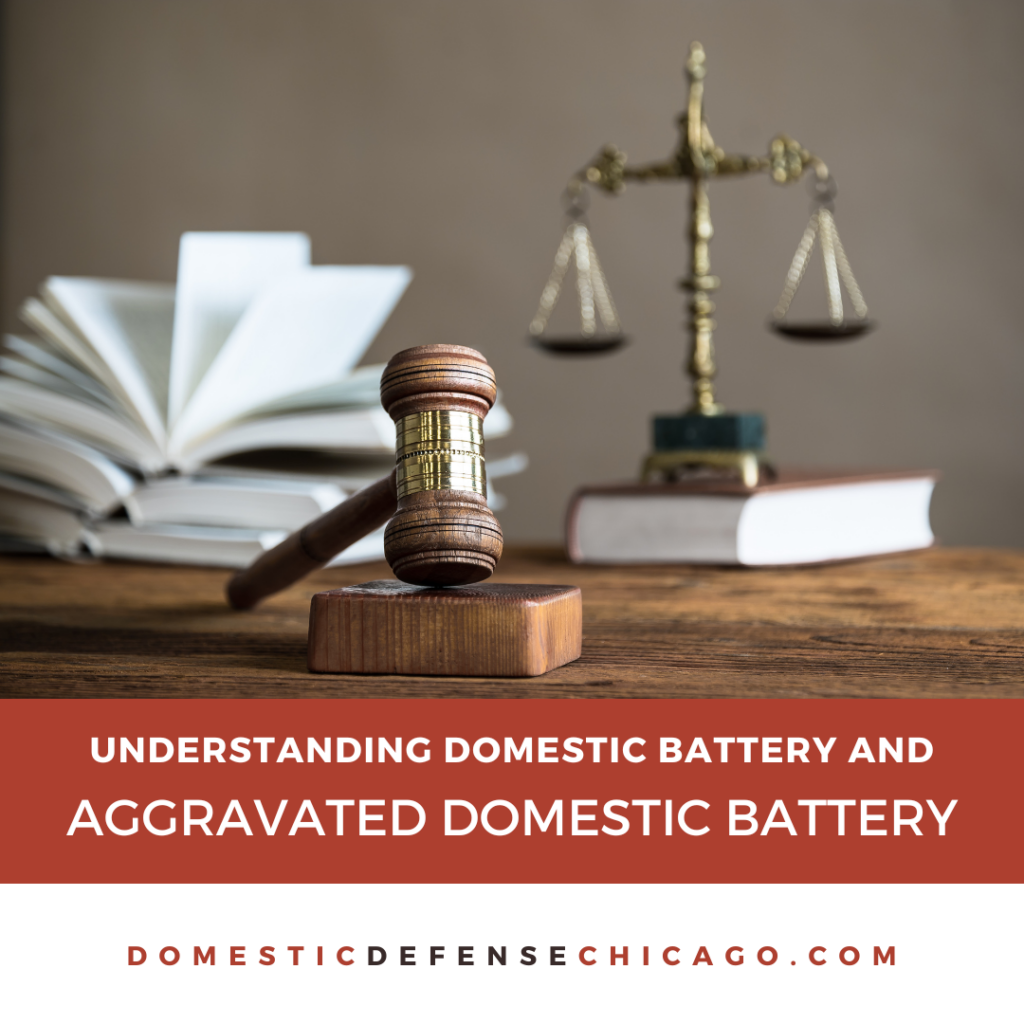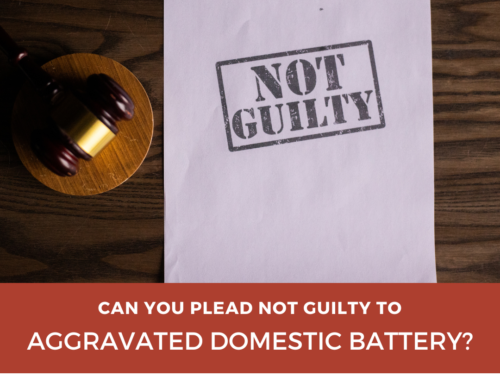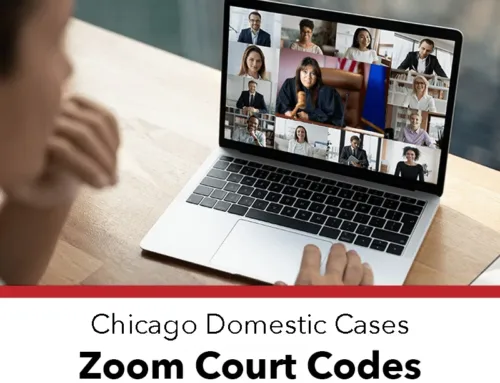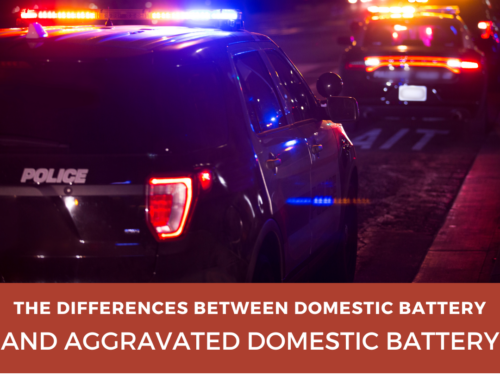Facing charges of aggravated domestic battery in Illinois is a stressful experience. Understanding the legal nuances of these charges is crucial for anyone in this situation.
Understanding the Legal Nuances of Aggravated Domestic Battery in Illinois
This guide delves into the intricacies of aggravated domestic battery in Illinois, providing essential information for those accused. It explains:
- Definition and legal criteria of aggravated domestic battery
- Differences between domestic battery and aggravated domestic battery
- The legal process following a charge
- Potential penalties and consequences
- The importance of legal representation
Here’s a closer look at each.
Definition and Legal Criteria of Aggravated Domestic Battery
Aggravated domestic battery in Illinois is a more severe form of domestic battery. It typically involves causing bodily harm or physical contact of an insulting or provoking nature to a family or household member, with aggravating factors like severe bodily harm or strangulation.
Related: Domestic battery defense law
Differences Between Domestic Battery and Aggravated Domestic Battery
While domestic battery involves harm or provoking contact, aggravated domestic battery includes more serious circumstances, such as causing great bodily harm, permanent disability, or disfigurement. It may also involve specific actions, such as strangulation.
The Legal Process Following a Charge
After being charged, the legal process involves several stages, including arraignment, discovery, and potentially a trial. Each stage offers opportunities for defense strategies to be employed by your lawyer.
Potential Penalties and Consequences
The penalties for aggravated domestic battery can be severe, including imprisonment, fines, and a permanent criminal record. These consequences can impact various aspects of your life, so it’s important that you know what you’re facing before you go into the courtroom. Your attorney can answer all your questions and help build a defense strategy that gets you the best possible outcome.
Related: Is domestic violence a felony or misdemeanor in Illinois?
The Importance of Legal Representation
You may be more comfortable navigating the complexities of aggravated domestic battery charges with skilled legal representation. A lawyer can provide crucial guidance, represent you in court, and work toward getting you the best possible outcome.
FAQ About Aggravated Domestic Battery in Illinois
Here are some commonly asked questions about aggravated domestic battery.
What Constitutes Aggravated Domestic Battery in Illinois?
Aggravated domestic battery involves causing serious bodily harm or strangulation to a family or household member.
How Does Aggravated Domestic Battery Differ From Simple Domestic Battery?
Aggravated domestic battery includes more serious harm or circumstances compared to simple domestic battery, leading to potentially harsher penalties.
What Are the Potential Defenses Against Aggravated Domestic Battery Charges?
Potential defenses can include self-defense, lack of intent, or challenging the evidence presented by the prosecution.
Related: Common mistakes to avoid when you’re facing domestic battery charges
Can Aggravated Domestic Battery Charges Be Reduced?
It may be possible to negotiate a reduction of charges, depending on the case’s specifics.
What Should I Do If I’m Charged With Aggravated Domestic Battery?
If charged, you may want to seek legal counsel immediately to protect your rights and start building your defense.
Understanding the legal nuances of aggravated domestic battery in Illinois is vital for anyone facing these charges. With the right legal representation, you can navigate the complexities of the legal system and work towards a favorable outcome. A lawyer’s experience and guidance are invaluable in these challenging situations.
Do You Need to Talk to an Attorney About Domestic Battery Defense?
If you need to talk to a domestic battery defense attorney in Illinois, we’re here to help. Call us at 847-920-4540 now – we’ll be happy to give you a free consultation and talk to you about your options.







Leave A Comment
You must be logged in to post a comment.